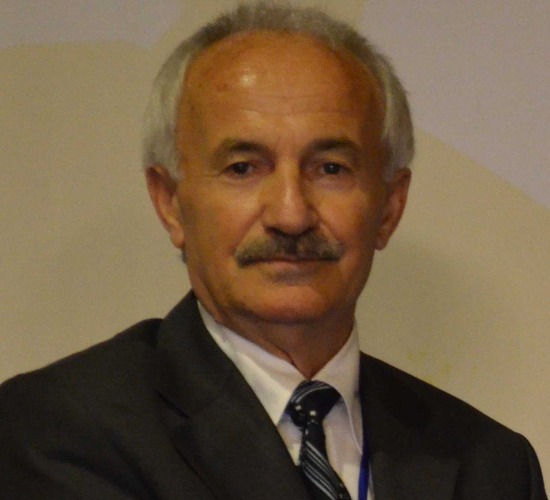Loading

Affiliation:
Professor
Country:
Turkey
Research Interest:
Molecular Dynamics Simulations, Alloy Modeling, Electron Microscopy, Electron Diffraction, X-Ray Diffraction, and Crystallography
Description/Biography:
Dr. Osman Adiguzel graduated from the Department of Physics, Ankara University, Turkey in 1974 and received a Ph.D. from Dicle University, Diyarbakir-Turkey. He studied at Surrey University, Guildford, UK, as a post-doctoral research scientist in 1986-1987, and his studies focused on shape memory alloys. He worked as a research assistant, from 1975-80, at Dicle University and shifted to Firat University in 1980. He became a professor in 1996 and has been retired due to the age limit of 67, following an academic life of 45 years.
He published over 80 papers in international and national journals; He joined over 120 conferences and symposia at international and national levels as a Plenary Speaker, Keynote Speaker, Invited speaker, speaker, or Poster presenter. He served as the program chair or conference chair/co-chair in some of these activities. In particular, he joined in the last six years (2014 - 2019) over 60 conferences as a Speaker, Keynote Speaker, and Conference Co-Chair organized by different companies in different countries.
Additionally, he retired at the end of November 2019, and contributed with Keynote/Plenary Speeches at over 180 Virtual/Webinar Conferences, during the coronavirus outbreak within four years of his retirement, 2020 and 2023.
Dr. Adiguzel served as his directorate of the Graduate School of Natural and Applied Sciences, Firat University from 1999-2004. He supervised 5 PhD- theses and 3 M. Sc theses. He is also a technical committee member of many conferences. He received a certificate which is being awarded to him and his experimental group in recognition of the significant contribution of 2 patterns to the Powder Diffraction File – Release 2000. The ICDD (International Centre for Diffraction Data) also appreciates the cooperation of his group and interest in the Powder Diffraction File.

We have partnered with Crossref, a DOI Registration Agency of the International DOI
Foundation, to make research articles easy to find, cite, link, assess, and reuse.
As part of this collaboration, all published articles in our journals are assigned a
unique DOI and metadata. Crossref’s tools like Content Registration, Reference Linking,
and Crossmark enhance discoverability in the scholarly ecosystem.

PlagScan is a web-based software designed to verify content authenticity, widely used by
academic institutions, universities, and online publishers.
Scholars has partnered with PlagScan to review submissions before
publication. This ensures high-quality content, prevents copyright infringement, and
upholds academic integrity.

Manuscript Manager is a modern workflow system for scholarly journals, offering
innovative peer review and article tracking solutions.
Scholars partners with Manuscript Manager to handle submissions, peer review,
and tracking, streamlining the editorial workflow.

Creative Commons Licenses grant readers a perpetual right to copy, distribute, and make use of the
published works and ensure that the authors get appropriate credit.
All Scholars journals publish articles under a Creative Commons Attribution License permitting unrestricted
NonCommercial use, distribution, and reproduction in any medium, provided the original

Scholars adapted Open Access publishing practice to make peer-reviewed scholarly research
and literature freely and permanently available online.
Studies have shown that Open Access content attracts more attention than non-Open Access content.
With Open Access at the heart of its mission, Scholars is proud of being

Web of Science (WoS) Reviewer Recognition Services (formerly Publons) works with
reviewers and publishers to give credit for peer review services.
Scholars is committed to ensuring integrity in the peer review process by participating in reviewer recognition services of WoS.
Reviewers can claim their contributions to their profile on the